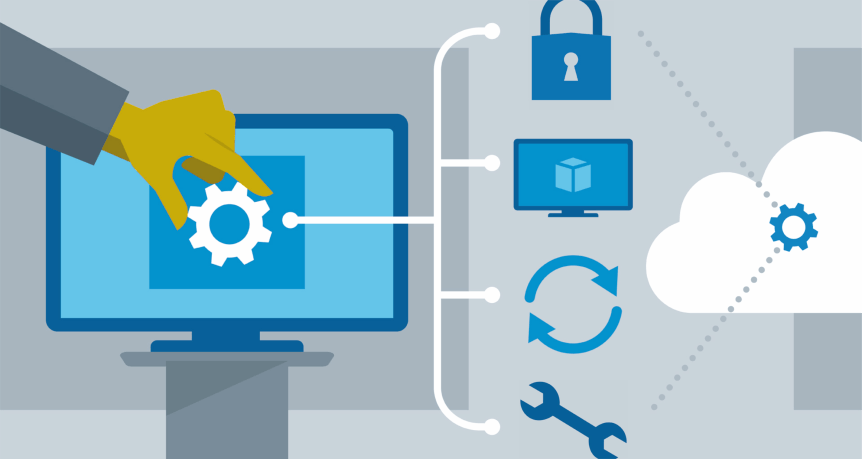Remote Desktop Protocol (RDP) servers have become indispensable tools in today’s interconnected world. Originally developed by Microsoft, more details servers have evolved to offer a wide range of applications across various industries. From IT professionals managing networks to businesses enhancing collaboration and individuals accessing their computers from afar, RDP servers have found utility in numerous domains. In this blog, we’ll delve into the various uses of RDP servers and their significance in modern society.
- Remote Administration and IT Support
One of the most common applications of RDP servers is remote administration and IT support. System administrators can access servers and workstations remotely, allowing them to troubleshoot issues, install updates, and perform routine maintenance tasks without being physically present. This capability is especially critical in today’s globalized workforce, where IT professionals may need to manage systems located in different geographic regions.
- Business Continuity and Disaster Recovery
RDP servers play a vital role in ensuring business continuity and disaster recovery. Organizations can set up redundant RDP servers to provide remote access to critical systems and data in case of unforeseen disasters. This ensures that employees can continue to work from remote locations, minimizing downtime and maintaining productivity during crises.
- Remote Work and Telecommuting
The rise of remote work has made RDP servers essential tools for businesses and their employees. With an RDP server, remote workers can securely access their office desktops and applications from anywhere with an internet connection. This not only enhances flexibility for employees but also helps companies tap into a global talent pool without geographical constraints.
- Development and Testing Environments
RDP servers are often used in software development and testing environments. Developers can remotely access dedicated servers or virtual machines for coding, testing, and debugging software. This setup facilitates collaboration among geographically dispersed development teams and ensures consistent testing conditions.
- Data Access and File Sharing
RDP servers simplify data access and file sharing across organizations. Users can connect to a remote server to access shared files and resources securely. This is particularly useful for companies that need to centralize data storage, control access permissions, and maintain data security.
- Remote Learning and Education
The education sector has also adopted RDP technology to support remote learning. Schools, colleges, and universities use RDP servers to provide students and educators with access to virtual classrooms, educational resources, and software applications. This approach ensures uninterrupted learning, even during challenging circumstances such as pandemics.
- Digital Forensics and Cybersecurity
In the realm of digital forensics and cybersecurity, RDP servers serve a dual purpose. Forensic analysts can remotely access and investigate digital evidence on suspect computers without contaminating the physical hardware. On the cybersecurity front, security professionals use RDP servers to monitor and manage networks, investigate security incidents, and respond to threats in real-time.
- Content Streaming and Media Production
Content creators and media professionals often use RDP servers for video editing, rendering, and streaming. High-performance RDP servers can handle resource-intensive tasks, making it possible to edit and produce media content remotely while maintaining optimal playback and rendering quality.
Conclusion
Remote Desktop Protocol (RDP) servers have evolved from their origins as a tool for remote administration to become versatile solutions that touch various aspects of our interconnected world. Whether it’s ensuring business continuity, supporting remote work, aiding education, or enhancing cybersecurity, RDP servers have a wide range of applications that make them indispensable in today’s digital landscape. As technology continues to advance, we can expect RDP servers to play an even more significant role in shaping the way we work, learn, and connect.
